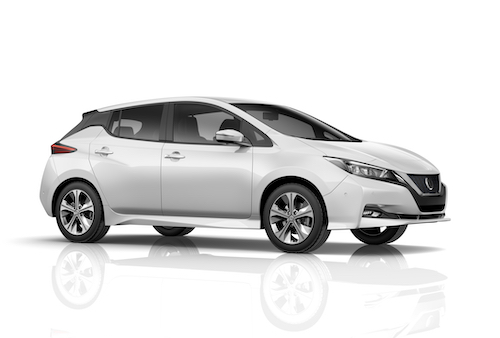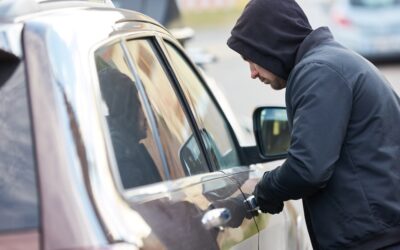Driving without insurance is illegal. There are severe fines and penalties for anyone caught driving uninsured.
Fines & penalties for driving without insurance
If you’re caught driving without insurance, you could get:
- Six points on your licence
- A fine of at least £300
- Your vehicle seized, or even destroyed
- You could get sent to court – courts can issue unlimited fines, and they can even disqualify you from driving, especially if you have been driving for less than a year.
How does driving without insurance affect car insurance?
If you get involved in an accident while driving without insurance, you’ll be liable for everything. You’ll have to cover all costs, including all damages to vehicles and property. And if anyone’s injured in the accident, you may have to cover all legal costs, and possibly all medical fees and compensation too.
Also, if you get any penalty points for driving uninsured, you may face difficulties finding vehicle insurance in the future, and any policy you do buy will cost more.
Driving without insurance is just not worth the risk, yet it’s more common than you might think. Every week, police in the UK seize 2,500 uninsured vehicles.
Why Are the Penalties for Driving Without Insurance So Harsh?
If you drive without insurance, you’re a liability to all other drivers on the road.
Vehicle insurance exists to ensure that, in the event of an accident, everything will be taken care of. All costs will be covered, so nobody will suffer too much inconvenience. If you remove insurance from the situation, any accident will cause a lot more trouble than it should.
How do police check if you’re uninsured?
The police have ways of checking whether or not you’re insured. They have cameras that can read number plates and automatically tell whether any vehicle has insurance. If they stop you, they’ll ask you to present your documents. If you don’t have a copy of your car or vehicle insurance with you, you will have a week to show the police an up-to-date insurance certificate. You cannot just buy insurance after you’re stopped – it has to be valid at the time you were stopped.
If the police find you’re uninsured, there’s no ifs and no buts. You should expect the harshest possible penalty. Most insurance providers give plenty of notice for when your policy’s about to run out or when your policy will renew if it is on an automatic renewal. If you received a reminder to renew your policy and didn’t act on it, then that is your responsibility.
Is Driving Without Insurance Always Illegal?
It’s always against the law to drive uninsured on a public road. But if you’re driving on private land that cannot be accessed by the public, you don’t need vehicle insurance.
But that’s it. That’s the only exception to the rule. In every other circumstance, you’ll need vehicle insurance.
Many people wonder – if you buy a new car or van, is it OK to drive it back home, without first insuring it? The answer is no. That’s why all good vehicle and car dealers sort out insurance at the point of sale. And if you’re buying a car or a van second hand from a private seller, you’ll have to sort your insurance yourself before you collect the vehicle.
How to Check if You Have Valid Car or Van Insurance
Search for your vehicle registration number on the Motor Insurance Database. It will instantly tell you if you have a valid insurance policy.
If you have any questions about your current policy, contact your insurer. You shouldn’t have to worry about your policy expiring without your knowledge. Your insurer should give you plenty of notice, and they should let you know exactly what you need to do to stay covered, and when. Some insurers will even renew your policy automatically.
The absolute bare minimum level of insurance you can get is third party insurance. This will cover you for any damage you might cause to other peoples’ vehicles and property. A comprehensive vehicle insurance policy will cost you more, but it can cover you for essentially anything in the event of an accident.
So at the very least, you need third party vehicle insurance. But for total peace of mind, go for comprehensive car insurance.
For more information about the different types of insurance available, including the difference between car insurance and van insurance, read our short guide.




